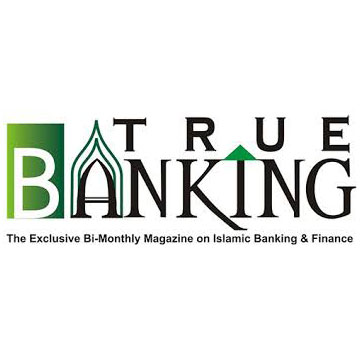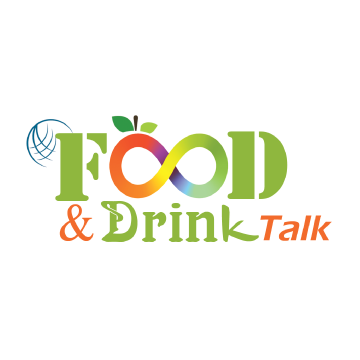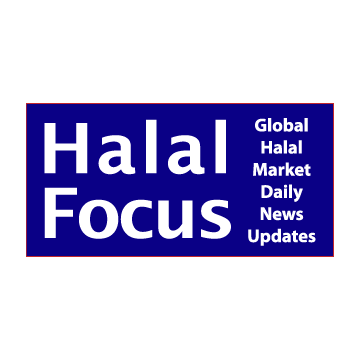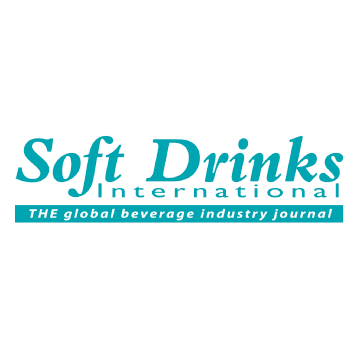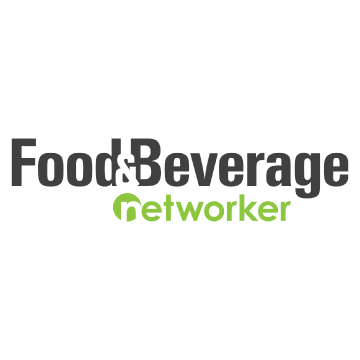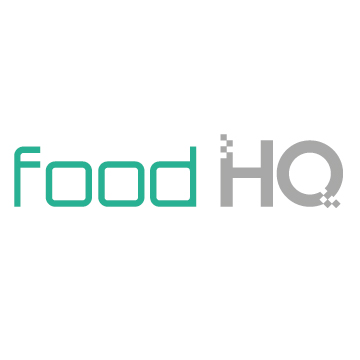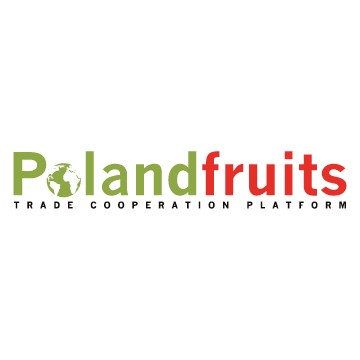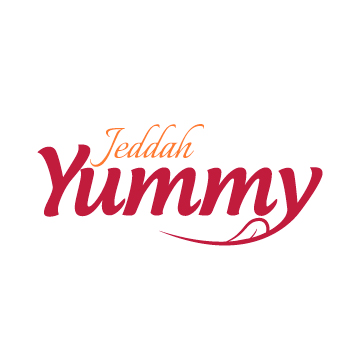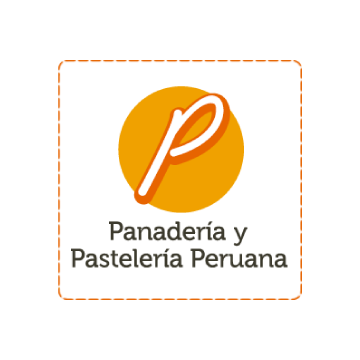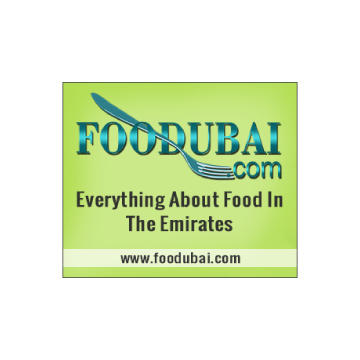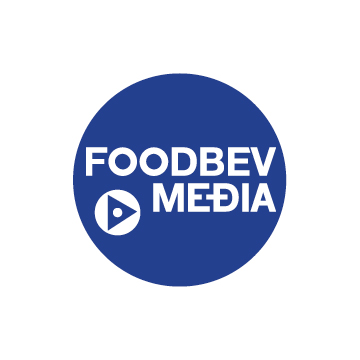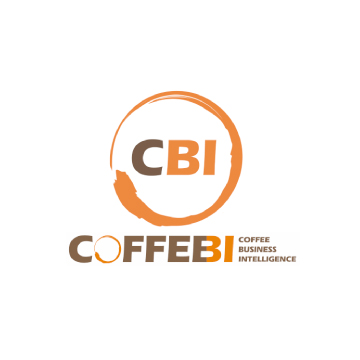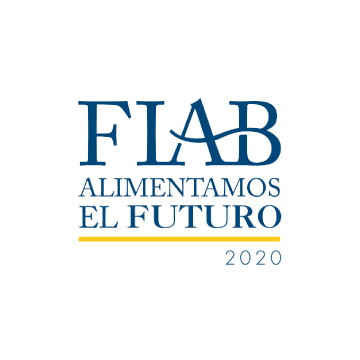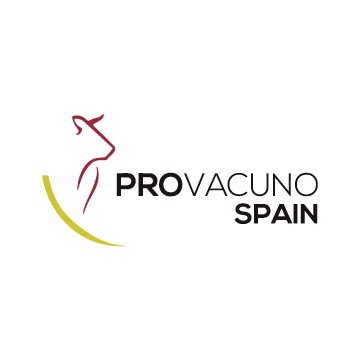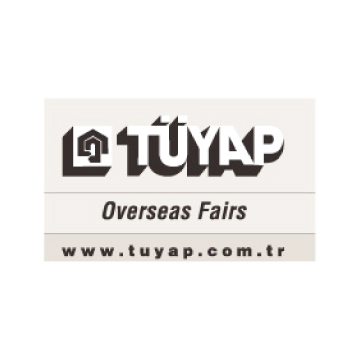تقدر قيمة مبيعات سوق المشروبات والعصائر بقيمة 2.61 مليار دولار و بمعدل نمو سنوي 6% وبحسب التوقعات سيصل حجم هذا السوق إلى حوالي 5.1 مليار دولار بحلول 2
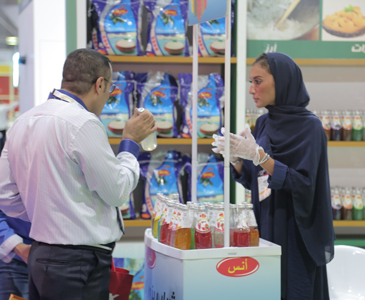
As you know, the global food and beverage market is
expected to grow due to a rising population and income. Saudi Arabia,
whose share of the global sector is $40 billion, aims to grow its food
processing activities in segments with competitive advantages such as dates,
dairy, and confectionery products. Currently, imports meet a significant amount
of consumption whereas import and re-export activities are somewhat limited.
Meat and poultry, dairy, fruits, and confectionery products account for the
majority of imports.
The Saudi market for Confectionery, Starch Products, and Coffee is valued at $8
billion, of which an estimated $6.4 billion worth of products is
imported. Growing at a CAGR of 6 percent, the market is expected to reach
over $12.3 billion by 2021. Local manufacturing, which includes production
of starches from rice and potatoes, grain and rice milling (e.g. production of
flour, rice, wheat), as well as bakery products, cocoa, sugar confectionery, is
valued at over $1.2 billion. An estimated $1.2 billion of products is
exported. Recent market trends emphasize value-led growth via “premiumization”
of confectionery products (e.g. high-end chocolate). In addition, manufacturers
are also turning to “snacking” via miniaturization (e.g. portable yoghurt pots
as snacks) or through new products to satisfy consumers’ demand for healthy and
convenient products.
Saudi Arabia imports a significant amount of
confectionery products, partially due to large local demand, especially
for Chocolate.
Moreover, the segment has large demand across the region. With Saudi
Arabia’s relatively cheap labor costs and free trade agreements with many
countries, there is potential for expansion of local manufacturing to meet not
only the growing local demand but also regional and international demand,
particularly in the MENA and Asian markets. Partnering with major suppliers of
raw materials at competitive prices and expanding the production of chocolate and biscuits will enable Saudi
Arabia to increase exports to these target markets.
The Saudi market for Beverages is valued at
$2.61 billion dollars. Growing at a CAGR of 6 percent, the market is expected
to reach over $5.1 billion by 2021. While this segment is met mostly
through local production, the segment should be preserved while the products
offered should reflect rising health consciousness among consumers.
The Saudi market for Animal and Vegetable Oils is valued at $1.6
billion dollars. Growing at a CAGR of 9 percent, the market is expected to
reach over $2.54 billion by 2021. Due to limitations concerning
agricultural activities, unrefined and refined oils are largely imported. This
exposes the Kingdom to price risk related to the volatility of the price of
imports and supply risk.
Given that the global food and beverage market is growing
both globally and locally, the Kingdom aims to capitalize on this lucrative
sector by expanding local production in the segments where competitive
advantages exist, as well as tackle certain challenges currently faced by food
processors.
A focus on the
production of dairy, seafood, and date products in addition to positioning
Saudi Arabia as a Halal meat hub, is an essential part of the strategy.
Additionally, the Kingdom aims to provide food processors with the support
needed to facilitate growth in several the key sectors, while also maintaining
currently established sectors.
Source: U.S-Saudi Arabian Business Council
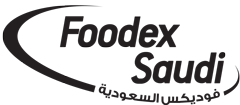
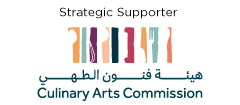
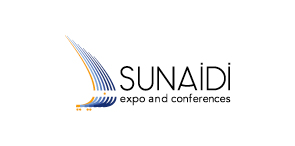
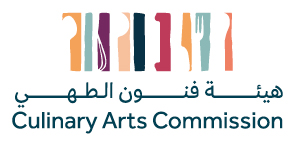



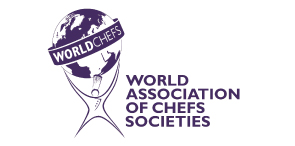
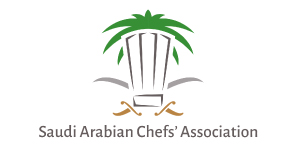
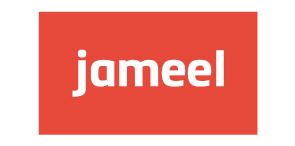


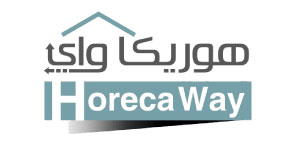
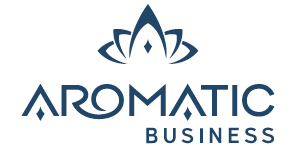

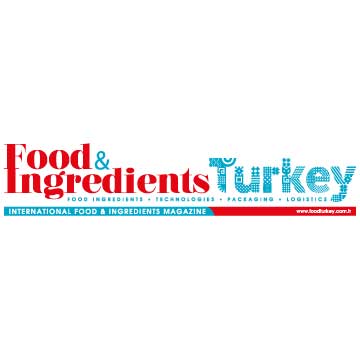
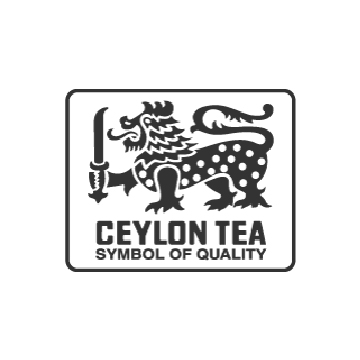

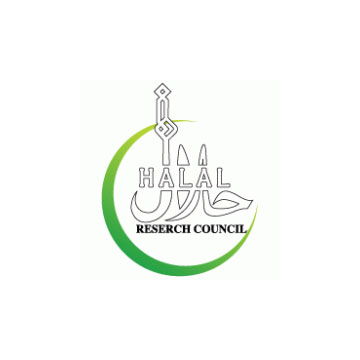
.jpg)
